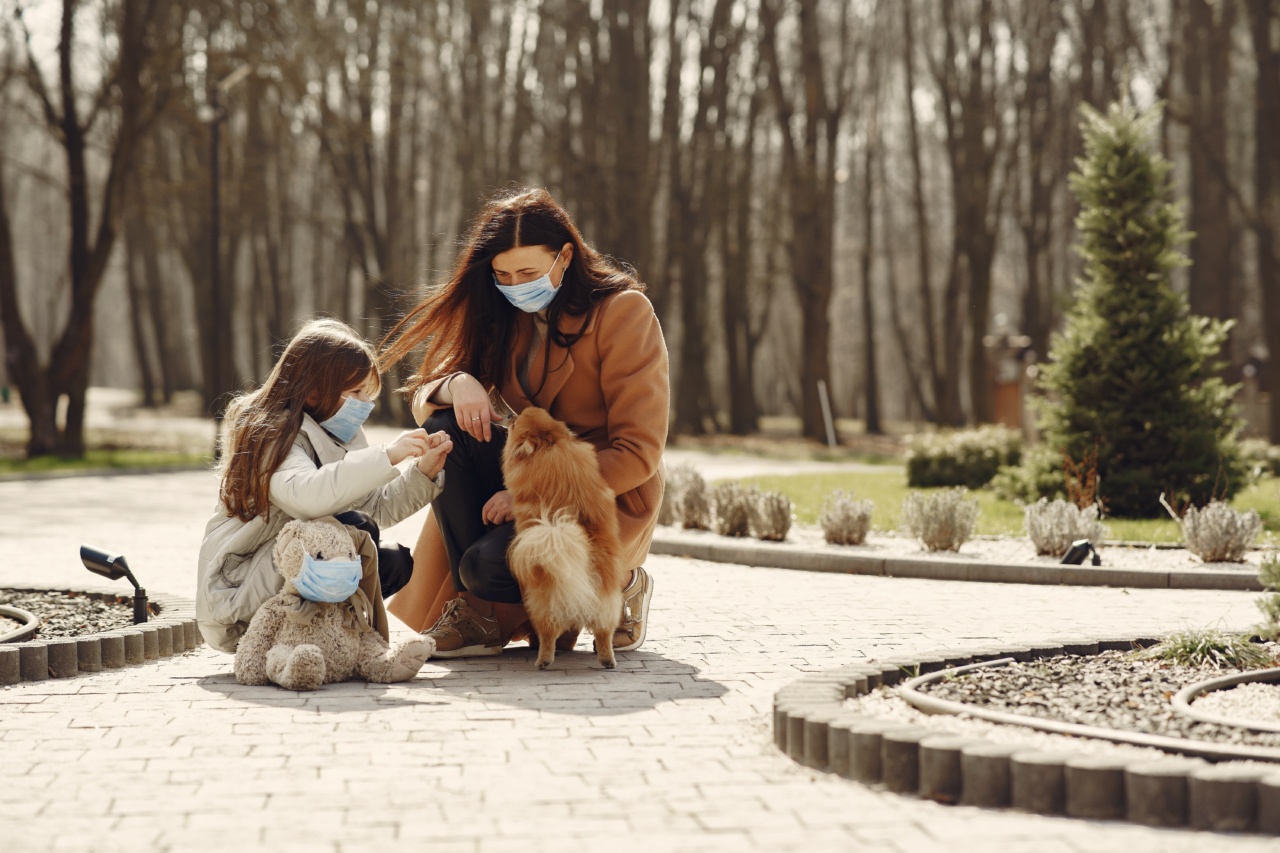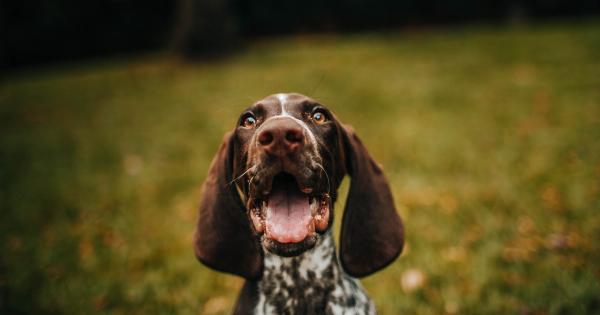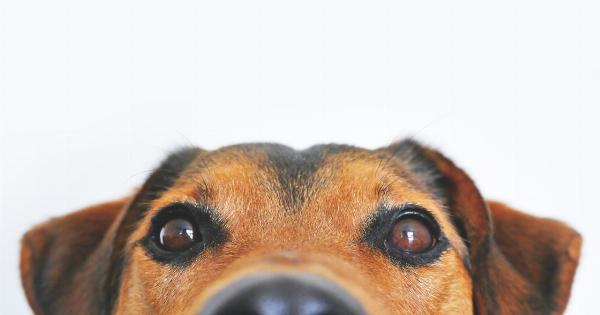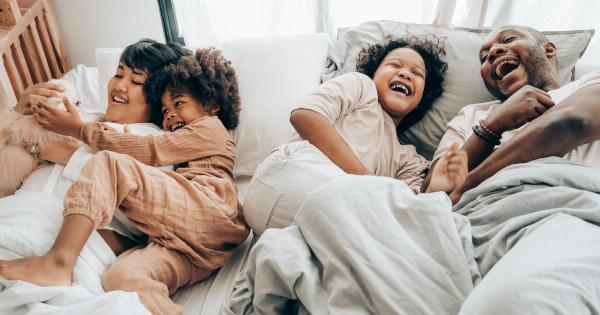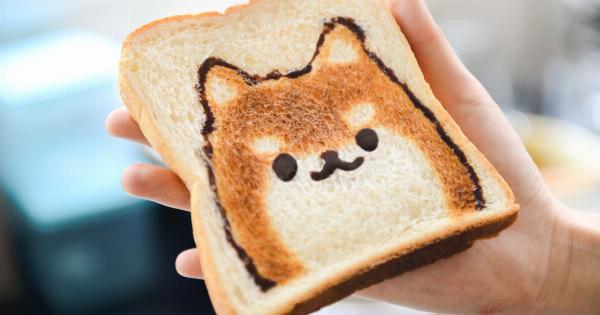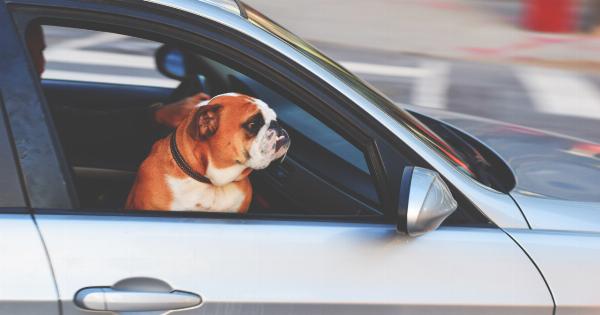The holiday season is a time of joy and merriment for humans, but it can be a challenging time for our furry friends. From indulging in rich foods to dealing with loud noises, dogs often face unique health challenges during this time of year.
It is essential for pet owners to be aware of these risks and take necessary precautions to ensure their dogs are safe and sound during the post-holiday period. In this guide, we will discuss common health issues faced by dogs after the holidays and provide tips on how to keep them healthy and happy.
1. Weight Management
One of the most common issues faced by dogs during the holiday season is weight gain. With indulgent feasts and treats aplenty, it’s easy for our furry friends to pack on the pounds.
Obesity can lead to various health problems, including joint issues, heart disease, and diabetes. To manage your dog’s weight after the holidays:.
– Stick to a regular exercise routine and gradually increase the duration and intensity to help shed those extra pounds.
– Ensure your dog is getting a balanced diet with proper portion control. Consult with a veterinarian for dietary recommendations.
– Avoid feeding your dog table scraps or rich foods, as they can cause digestive issues and excessive weight gain.
2. Tooth and Gum Health
While dental care is essential for dogs throughout the year, it becomes even more crucial after the holidays. Many festive foods and treats are loaded with sugar and can contribute to dental issues such as cavities and gum disease.
Take the following steps to maintain your dog’s oral health:.
– Regularly brush your dog’s teeth using a toothbrush and toothpaste specifically designed for canines.
– Offer dental treats or chew toys that can help remove plaque and tartar buildup.
– Schedule a dental check-up with your veterinarian to identify and address any underlying dental problems.
3. Food Intolerances and Allergies
The holidays often introduce new and unfamiliar foods into your dog’s diet, which can lead to food intolerances and allergies. Watch out for signs of digestive distress such as vomiting, diarrhea, or excessive gas.
If you suspect a food intolerance or allergy:.
– Consult with your veterinarian to determine the specific ingredient causing the reaction.
– Switch to a high-quality, limited ingredient diet that eliminates the trigger ingredient.
– Monitor your dog’s symptoms closely and seek veterinary care if the issues persist or worsen.
4. Stress and Anxiety
Loud parties, fireworks, and bustling gatherings can cause stress and anxiety in dogs during the holiday season. Post-holiday periods can also be challenging as routines return to normal. Here’s how you can help your dog cope:.
– Create a quiet and secure space in your home where your dog can retreat to when feeling overwhelmed.
– Use anxiety-reducing techniques such as soothing music, pheromone diffusers, or calming wraps.
– Gradually reintroduce your dog to their regular routine and provide mental and physical stimulation.
5. Foreign Object Ingestion
During the holiday season, our homes are often filled with decorations and small objects that can pose a choking hazard to dogs. Keep the following tips in mind to prevent foreign object ingestion:.
– Keep holiday decorations, such as tinsel and ornaments, out of your dog’s reach.
– Securely anchor your Christmas tree to prevent it from toppling over.
– Avoid leaving small, easily ingestible objects within your dog’s reach.
6. Exposure to Winter Hazards
Winter brings its own set of hazards for dogs, and it’s essential to protect them from the cold weather and other seasonal risks. Take these precautions:.
– Limit your dog’s exposure to the cold and provide them with a warm and sheltered area to rest.
– Ensure your dog’s paws are protected from ice, snow, and salt by using booties or pet-safe paw balm.
– Maintain your dog’s regular grooming routine to prevent their coat from matting and to provide insulation.
7. Post-Holiday Cleanup
After the holidays, it’s essential to clean up any potential hazards and ensure a safe environment for your dog:.
– Dispose of wrapping paper, ribbons, and packaging material properly to prevent ingestion by curious dogs.
– Clean up any spills or dropped food promptly to avoid attracting pests or causing gastrointestinal issues for your dog.
– Check your indoor and outdoor plants for any toxic varieties that may have been brought in for decorations.
8. Regular Health Check-up
A post-holiday health check-up with your veterinarian is always a good idea to ensure your dog is in optimal health. During the check-up, discuss any concerns you may have and address any issues that may have arisen during the holiday season.
9. Mental Stimulation
After the excitement of the holidays, your dog may experience a lull in mental stimulation. Keep their minds engaged:.
– Provide interactive toys and puzzles that encourage problem-solving and play.
– Engage in regular training sessions to stimulate their minds and reinforce positive behaviors.
– Arrange playdates with other friendly dogs to provide socialization and mental stimulation.
10. Maintain a Routine
Dogs thrive on routine, and the post-holiday period can disrupt their daily schedules. To help them adjust:.
– Gradually reintroduce their regular feeding and exercise schedule.
– Ensure they have a dedicated space for rest and relaxation.
– Stick to consistent bedtime and waking times to restore their normal sleep patterns.
